Madness and Method: Exploring the Realm of Unconventional Reasoning
Mad in America
NOVEMBER 4, 2023
W hat is madness? Is it merely a colloquial term for “mental illness,” one that is alternatively reviled and reclaimed? Is it merely the lack of reason? Or is madness a distinctive style of reasoning in its own right? Is it a distinctive mode of living and acting in the world, one with equal value to our exalted image of sanity? For that matter, what is sanity?

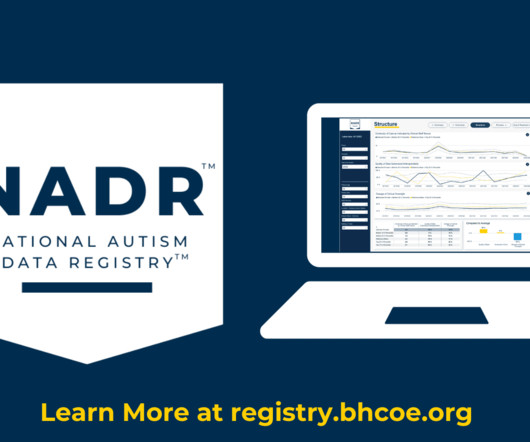
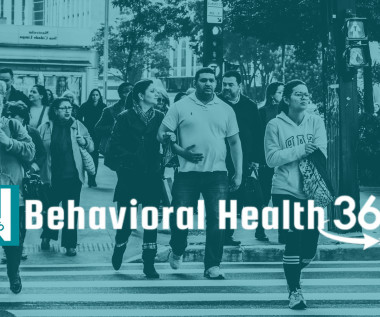



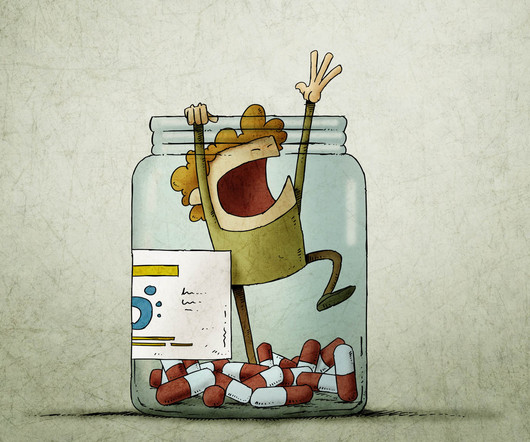

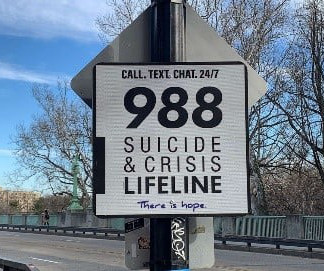

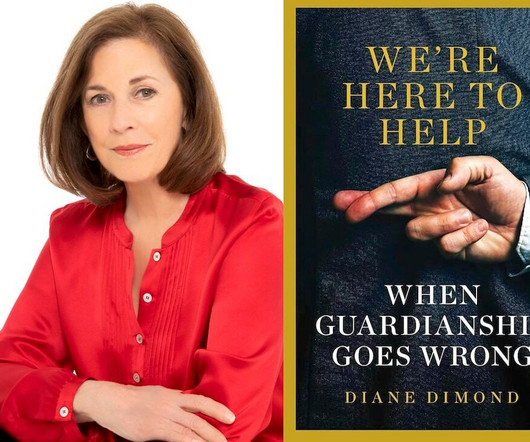







Let's personalize your content